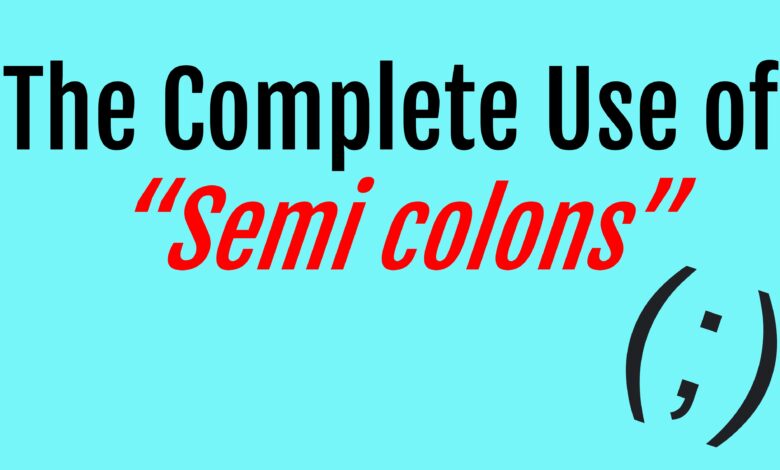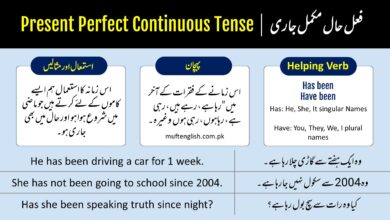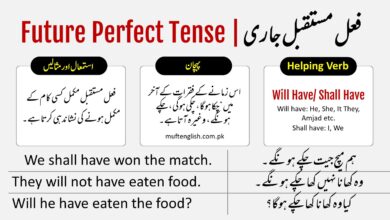Semi Colon Usages in English Grammar

Semi Colon Usages
Semicolon (;)
Definition: “Semicolon” is used as a weak full stop and a strong comma. “Semicolon” indicates a longer pause than a comma does. The usages of the semi-colon:
(1) If you remove the conjunction of the two linked independent clauses that have a close connection with each other, you can use a “semicolon” between them.
Note: In this usage, one p refers to “semicolon” because he does not want to break the line of thought or the flow of thought.
ex
He proposed us a proposal and we accepted it. OR He proposed us a proposal; we accepted it.
We accepted his proposal but our officers rejected it. OR
We accepted his proposal; our officers rejected it.
He is an intelligent person but he does not take an interest in his work. OR He is an intelligent person; he does not take an interest in his work.
Their rooms are dirty but their courtyard is clean. OR Their rooms are dirty; their courtyard is clean.
Note: When two clauses that have a close connection with each other, are connected by connective/conjunctive adverbs; both, “full stop” or “semicolon” can be used at the end of the first/introductory clause.
ex
The roads were bumpy; therefore, we came by train. OR
The roads were bumpy. Therefore, we came by train.
They did not accept our demands happily; anyhow, we made them accept our demands forcibly. OR They did not accept our demands happily. Anyhow, we made them accept our demands forcibly.
He misbehaved with him; nevertheless, he did not say anything. OR He misbehaved with him. Nevertheless, he did not say anything.
Note: The “semicolon” indicates a stronger pause than the “comma” but a weaker pause than the “full stop”. Question: What is the difference between full stop, colon, semi-colon and comma?
Answer: A full stop indicates a stronger pause than all. “Colon” indicates a stronger pause than semicolons and commas but a weaker pause than a full stop. Semicolon indicates a stronger pause than a comma; but a weaker pause than a full stop and colon Note: The items or the names of the persons or companies in a list or series are separated by “semicolon” for clarity if they have explanatory/appositive remarks and commas inside them.
- Awards were given to Mr. Sami, professor of Chemistry: and Mr. Zahid Langove, Ph.D. Islamiat: Javed Anjum, social welfare officer, Dr. Shah Mohammad Marri. a senior writer and professor; and a Haseebullah professor at University.
- I have invited Asif, my brother-in-law; Mr. Nadeem, my uncle: Mr Nadeem, my aunt, and Aurang Zaib, my best friend to dinner tonight.
- The matches will be played in the following countries and cities: Pakistan. Lahore: India, Banglore: Bangladesh, Dhaka, Iran, Tehran: Turkey, Istanbul: and Iraq. Baghdad.
- Remember the following important dates: 23rd March 1940, 14th
August, 1947; 6th September, 1965; and 30th November, 1948.
Note: “Semicolon” comes before coordinating conjunctions, between the independent clauses which are connected by coordinating conjunctions and if one or both of the independent clauses have an “appositive/explanatory phrase/remark or word or transitional phrase or words in them”, they are separated by “commas”.
The purpose of separating: This is a lengthy compound sentence; it is separated and made easy, clear and understandable with the help of “commas” and “semicolons” so that the reader may understand it without any difficulty.
ex
Mr. Asif, the owner of this house, has become bankrupt, and he, therefore, has requested the bank to help him.
Prince Kareem Agha Khan, the spiritual leader of Ismaili, is going to come to Pakistan, but his secretary refused to disclose his schedule. His sons, I am sure, read in College, and his daughters, what I know. don’t read
Note: “Semicolon” comes between the independent clauses which are already connected by a coordinating conjunction “but” and if the preceding clause has got different items separated by “commas”. pause then full stop and colon.
Note: The items or the names of the persons or companies in a list or series are separated by “semicolon” for clarity if they have explanatory/appositive remarks and commas inside them.
ex
- Awards were given to Mr. Sami, professor of Chemistry; and Mr. Zahid Langove, Ph.D. Islamiat; Javed Anjum, social welfare officer; Dr Shah Mohammad Marri, a senior writer and professor; and Haseebullah, a professor at the University.
- I have invited A sif, my brother-in-law; Mr Nadeem, my uncle; Mrs Nadeem, my aunt; and Aurang Zaib, my best friend to dinner tonight.
- The matches will be played in the following countries and cities: Pakistan. Lahore; India, Bangalore; Bangladesh, Dhaka; Iran, Tehran, Turkey, Istanbul: and Iraq. Baghdad.
- Remember the following important dates: 23rd March, 1940; 14th August, 1947; 6th September, 1965; and 30th November, 1948.
Note: “Semicolon” comes before coordinating conjunctions, between the independent clauses which are connected by coordinating conjunctions and if one or both of the independent clauses have an “appositive/explanatory phrase/remark or word or transitional phrase or words in them”, they are separated by “commas”.
The purpose of separating: This is a lengthy compound sentence; it is separated and made easy, clear and understandable with the help of “commas” and “semicolons” so that the reader may understand it without any difficulty.
example:
Mr. Asif, the owner of this house, has become bankrupt; and he, therefore, has requested the bank to help him. Prince Kareem Agha Khan, the spiritual leader of Ismailies, is going to come to Pakistan; but his secretary refused to disclose his schedule. His sons, I am sure, read in College; and his daughters, what I know, don’t read.
Note: “Semicolon” comes between the independent clauses that are already connected by a coordinating conjunction “but” and if the preceding clause has different items separated by “commas”. ex
She bought a luxurious house, a hotel, and a car; but she could not enjoy her life.
They sold their house, their car, their business, and their office to buy the place: but they could not buy the place.
He worked in newspapers, in magazines, with different authors in different ages; but his work was not liked by anyone.




